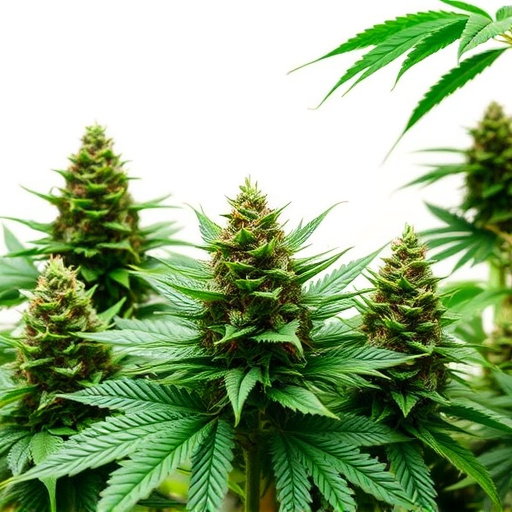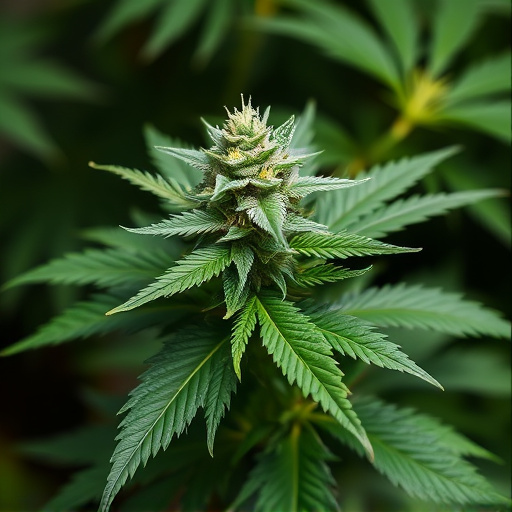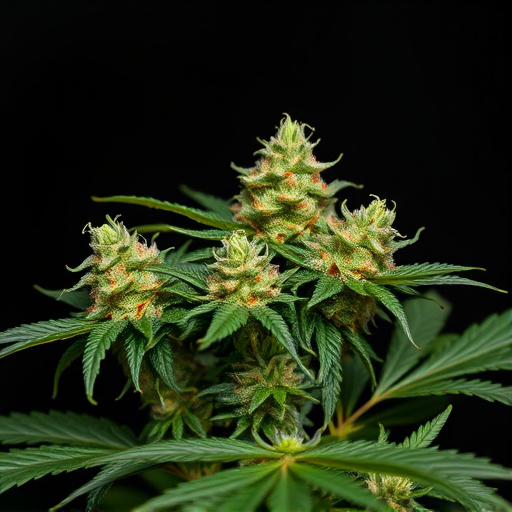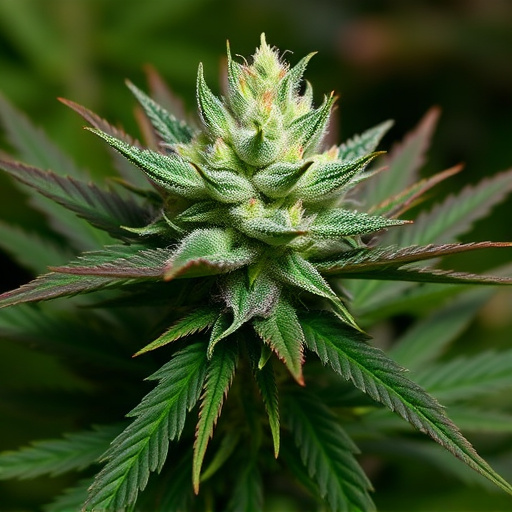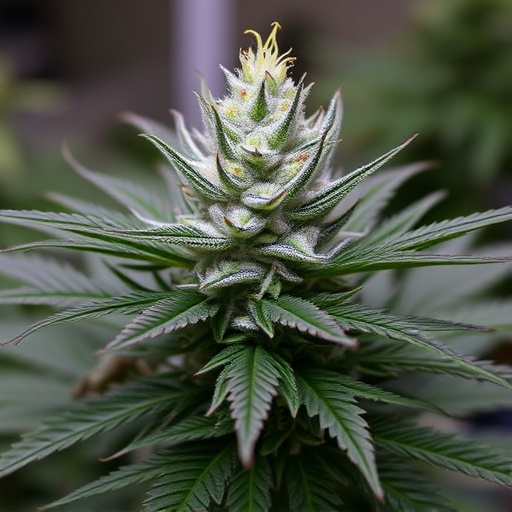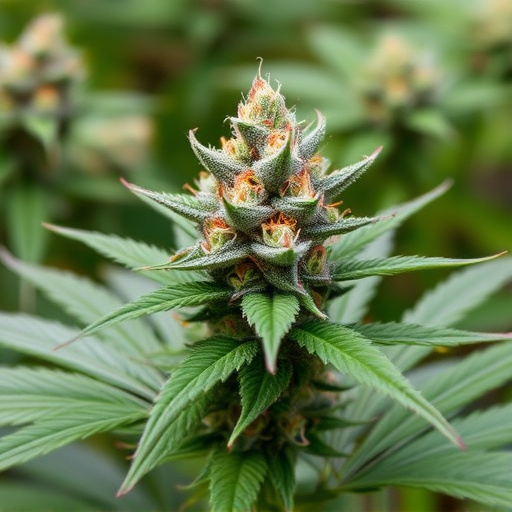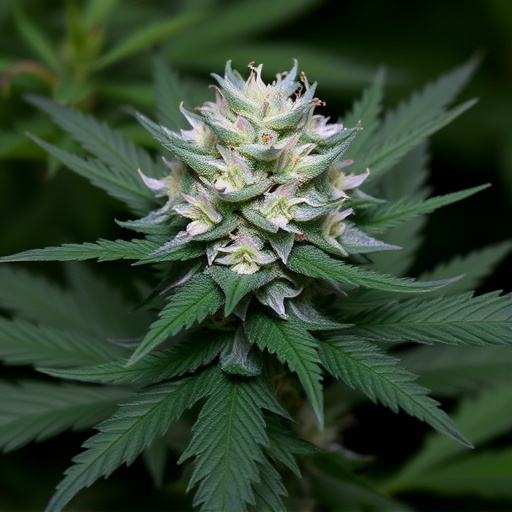While the potency of the top 20 cannabis strains primarily depends on genetics and cultivation, nutrition plays a subtler role in shaping the user experience. Specific nutrients in food can interact with cannabinoids, influencing their absorption and effects. Omega-3 fatty acids, magnesium, zinc, vitamin B, and vitamin C are examples that may enhance or modify the effects of different top 20 cannabis strains. Understanding these nutritional connections allows users to optimize their consumption for maximum benefits tailored to their preferred strains.
“Wondering if your diet can boost the potency of your cannabis experience? This article explores the intriguing connection between nutrition and cannabis strength. From understanding diverse cannabis strains and their effects to uncovering scientific insights on how food interacts with weed, we delve into a world where culinary choices might enhance your high. Discover the top 20 cannabis strains and learn how nutrition could elevate your next session. Get ready for a mind-bending journey through the intersection of food and fungi.”
- Understanding Cannabis Strains and Their Effects
- The Role of Nutrition in Enhancing Cannabis Experience
- Exploring the Science Behind Food and Weed Strength
Understanding Cannabis Strains and Their Effects
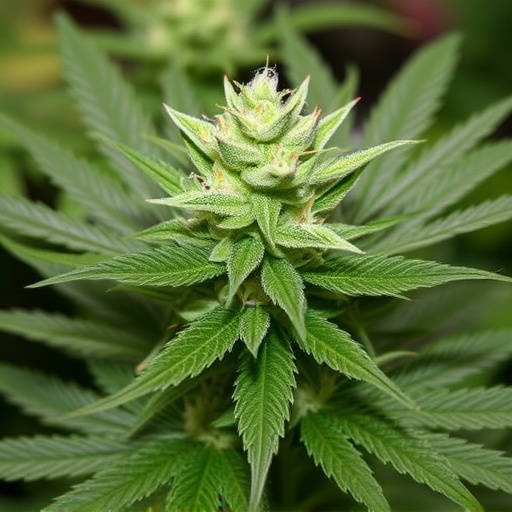
Cannabis users often discuss the idea that certain foods can enhance or alter the effects of weed, including making it stronger. However, understanding the plant itself and its various strains is a crucial step in comprehending this topic. Cannabis strains refer to specific varieties of the plant, each with distinct chemical compositions and, consequently, unique effects on the user. The top 20 cannabis strains, for instance, vary widely in terms of THC (tetrahydrocannabinol) and CBD (cannabidiol) content, as well as their terpene profiles—the aromatic compounds that contribute to both the smell and potential therapeutic benefits.
Knowing a strain’s characteristics can help users anticipate its effects. Higher THC levels generally correspond to more intense euphoria and cognitive alterations, while CBD offers potential anxiety-relieving and pain-reducing properties. Terpenes, such as myrcene, limonene, and pinene, also play a significant role in the overall experience, influencing relaxation, alertness, or sedative effects. Thus, the perceived strength of cannabis might be attributed to the specific strain consumed rather than external factors from diet.
The Role of Nutrition in Enhancing Cannabis Experience
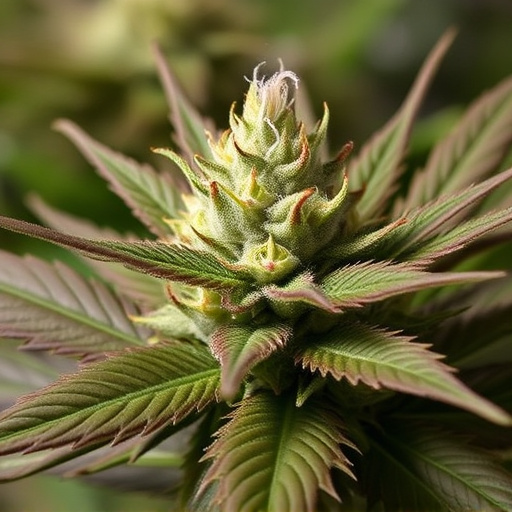
The role of nutrition in enhancing the cannabis experience is an intriguing aspect often overlooked by casual users. While cannabis potency primarily depends on factors like strain, cultivation methods, and processing techniques, nutrition can subtly influence how individuals perceive and interact with the plant’s effects. Incorporating specific foods into your diet could potentially amplify or alter the experience gained from consuming cannabis.
Certain nutrients found in various foods have been linked to improved absorption and metabolism of cannabinoids, the compounds responsible for marijuana’s psychoactive effects. For instance, omega-3 fatty acids, abundant in fish like salmon and flaxseeds, are believed to boost the activity of CB1 receptors in the brain, potentially enhancing intoxication. Similarly, vitamins and minerals from top 20 cannabis strains’ recommended dietary companions—such as magnesium, zinc, and vitamin B—may contribute to a more pleasant and balanced high. Understanding these nutritional connections can help users optimize their cannabis consumption experience, ensuring they get the most out of their preferred strains.
Exploring the Science Behind Food and Weed Strength
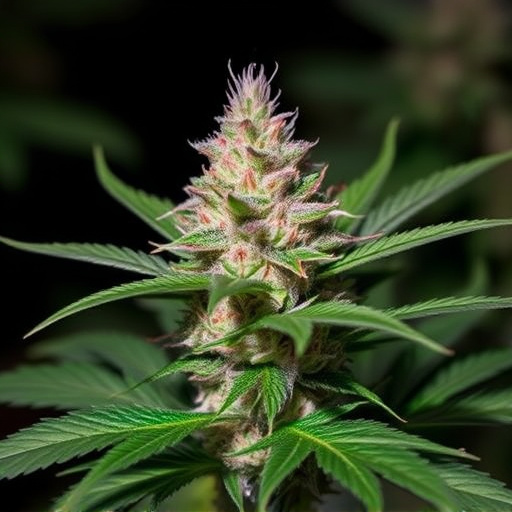
The relationship between diet and the potency of cannabis is a fascinating subject that has intrigued both researchers and enthusiasts alike. While it’s commonly believed that certain foods can enhance the effects of marijuana, exploring the science behind this claim reveals a more complex picture. The idea that specific dietary choices impact weed strength stems from the understanding that our bodies metabolize cannabinoids differently based on various factors, including nutrition.
Recent studies suggest that certain nutrients found in food might interact with cannabis compounds, potentially altering their effectiveness. For instance, omega-3 fatty acids, abundant in fish and nuts, have been linked to improved cognitive function and increased THC potency. Similarly, vitamin C, prevalent in citrus fruits, is thought to aid in the absorption of cannabinoids. Exploring these connections can provide valuable insights into the top 20 cannabis strains and their unique profiles, offering users a more tailored approach to their consumption.
In exploring whether eating certain foods can make weed stronger, it’s clear that nutrition plays a significant role in enhancing the cannabis experience. Understanding diverse cannabis strains and their effects, as well as the scientific basis for food-weed interactions, can help users make informed decisions to maximize their enjoyment and potential therapeutic benefits from top 20 cannabis strains. While more research is needed, the current evidence suggests that a balanced diet, rich in essential nutrients, can complement the effects of cannabis, creating a harmonious interplay rather than simply amplifying potency.


